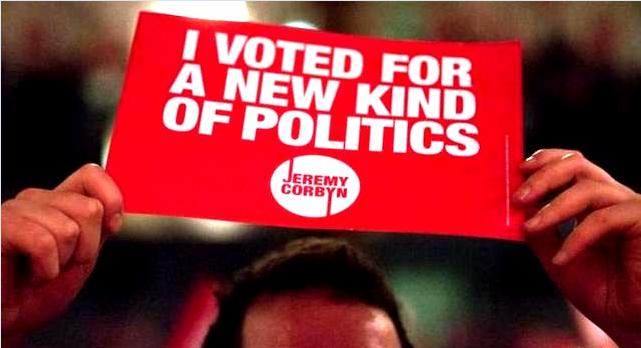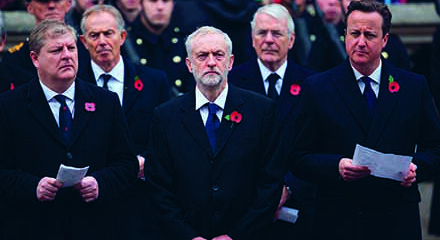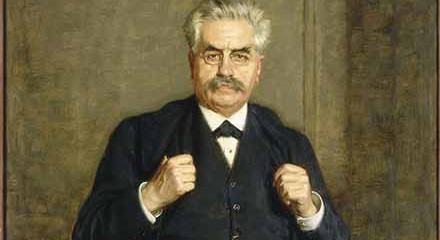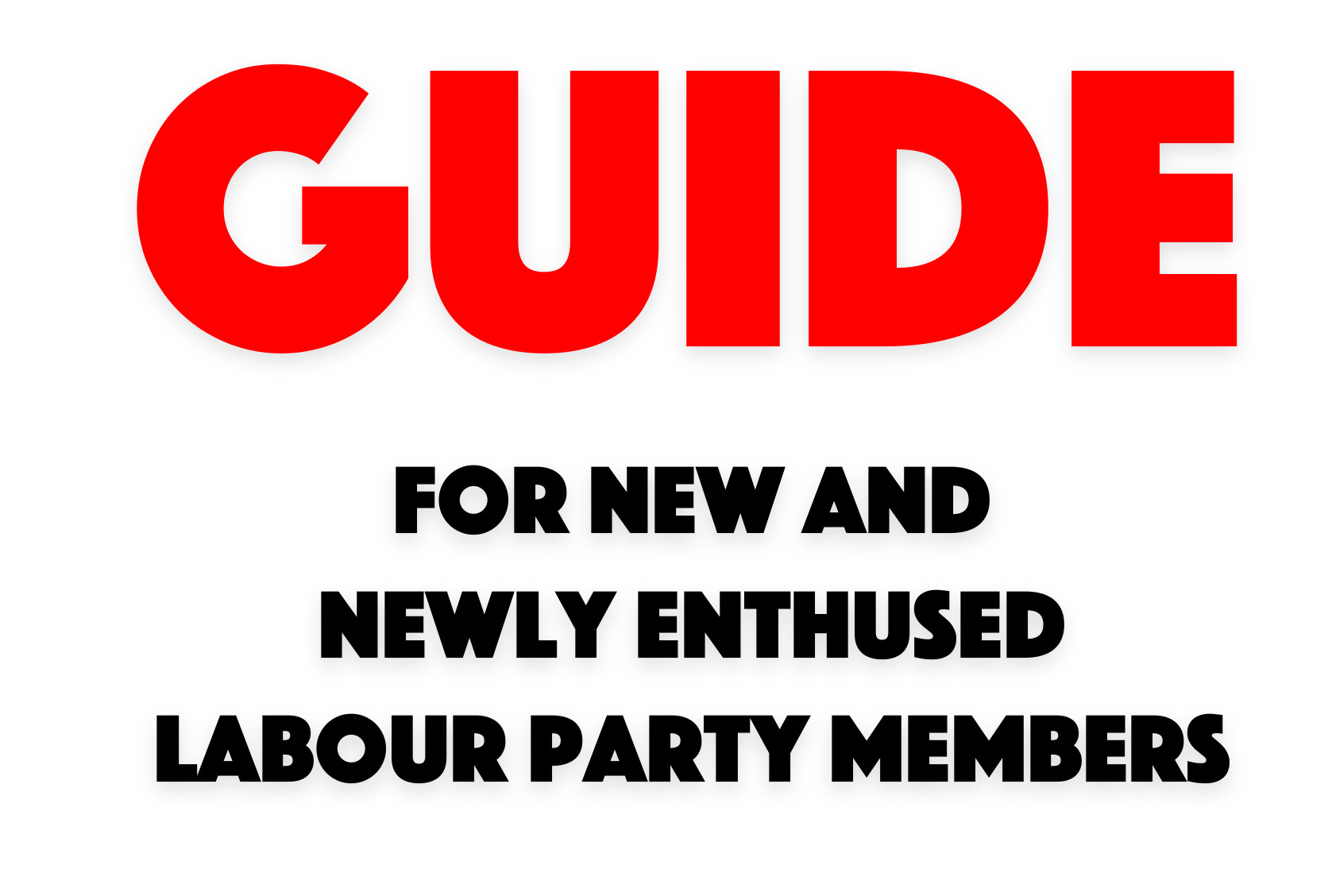William Sarsfield spoke to Labour Party Marxist supporter Tina Werkmann, who was elected to the Grassroots Momentum steering committee
Was there a good turn-out?
There were about 200 people present, including Sahaya James and Rida Vaquas, both newly elected onto the Momentum’s official national coordinating group (NCG), which – and what a coincidence! – met for its first gathering on the same day in Birmingham. The two comrades chose the Grassroots event instead, which is not necessarily the choice I would have made. But they both got elected onto the new Grassroots steering committee too (Rida first resigned and then withdrew her resignation again). In any case, I’m sure they will have some interesting discussions with Jon Lansman, who, I hear, has just been ‘elected’ as chair of the Momentum NCG.
The Grassroots event was bigger than I had expected. Especially as the conference arrangements committee had the remit of organising a delegate conference. There were, in fact, 70 or so official delegates from branches. Members in Momentum branches with pro-Lansman majorities were supposed to participate as observers with speaking, but no voting, rights. As a member of Sheffield Momentum, one of the many branches that is split 50:50 over the coup, I thought that was a really poor decision. As it was, there were no official delegates from Sheffield, York, Manchester, Leeds – and those are just the big branches I know of. Unfortunately, the organisers had simply ignored our various calls before conference to allow such minorities to fully participate.
However, when we arrived at conference, it actually transpired that there was a big difference on the organising committee about this issue. The final meeting of the subsequently abolished Momentum national committee, which met on January 28 in London, had decided to entrust the running of the March 11 event to the pro-democracy members of the (also abolished) steering committee and conference arrangements committee. But, although the two groups continued to meet, it seems they did not really work together. I was told that the remaining members of the SC decided that every Momentum member should be able to attend and vote at conference – but the CAC overturned this at its own meeting the day after.
So there are political differences between the two groups?
Definitely. This is reflected in Grassroots Momentum as a whole: Those left on the old steering committee included Alliance for Workers’ Liberty supporters Michael Chessum and Jill Mountford (plus Fire Brigades Union leader Matt Wrack and Jackie Walker); the CAC is made up of Jackie Walker, Alec Price and Delia Mattis (Josie Runswick resigned early on and was replaced by Lee Griffiths). The CAC took control, chaired the whole day and managed to almost totally sideline the AWL.
Jackie Walker and her supporters hate the AWL with a passion, of course.
And I totally understand why. The ugly truth is that AWLers have actively participated in the ‘anti-Semitism’ witch-hunt against her. They supported Jon Lansman in sacking her as Momentum vice-chair in September 2016. In effect, this was a dry run for the next coup – the ‘big one’ on January 10 – when Lansman crushed any democracy in the organisation and simply imposed a new, crassly undemocratic constitution.
It was clear at the GM conference that the AWL has really made a lot of enemies in all of this – just to add to those of us who already opposed their pro-Zionist social-imperialism. There was a great deal of hostility against them on display – and it only increased during the day. I must confess, I almost felt a bit sorry for them. Almost …
Because the few proposals on display were presented so out of context and in a truncated manner, AWL members tried to make various ‘points of order’ throughout the day. Some were more useful than others; some were presented more coherently than others. The AWL’s Rosie Woods, who had taken up a position near the stage, was greeted, after she’d been on her feet a few times, with a rather sectarian chorus of “Sit down, sit down” (led by Gerry Downing, of all people – he’s been on the receiving end of people’s displeasure a few times, so probably should know better). But to claim that they “disrupted” the conference, as some comrades have since done on Facebook, is seriously misleading and excuses the CAC’s role in the often disorganised and muddled way conference was planned and conducted.
Actually, it reminds me of the way Jon Lansman, Owen Jones and Paul Mason have tried to blame ‘the Trots’ (ie, the left) for the failures of Momentum to take off. Not a healthy response …
How was it that everyone present got the right to vote and not just the minority of branch delegates?
It was actually me who suggested that everybody present should be allowed to vote and I told conference of how in Sheffield we have been unable to choose delegates, as the pro-Lansman right is pretty strong. I was surprised that the chair simply put it to conference without any discussion and delegates supported the proposal by 43 votes to 24.
Afterwards, other LPM comrades disagreed with me for making this point of order. In general, I am very much in favour of delegate decision-making and I agree with my comrades that there was a democratic problem, in that some people at the conference represented an organised branch, while others simply showed up as individuals.
On the other hand, the planning of this conference was appalling. A lot of people from a lot of branches were not represented. So I think it was fair to challenge the voting criterion. To be honest, I don’t think it made much difference to the outcome – delegates and observers seemed to have been of a similar political composition.
Was this the only problem with the conference?
Hardly. For a start, contributions from the floor were limited to two minutes, which is simply ridiculous. At the election hustings at the end, we got 30 seconds each. Nobody can make any coherent political point in that amount of time. But unfortunately we did waste almost the entire morning putting amendments to a ‘motherhood and apple pie’ statement on what GM should be ‘campaigning’ on. In its report of conference, Socialist Appeal rather weirdly calls this GM’s “constitution”. It clearly is nothing of the sort.
I spoke against compiling a long list of statements on worthy causes and argued that GM should not replicate campaigns that the Labour Party itself can organise far more effectively. I said that we should focus on the fight to transform and democratise Labour. A fair number of speakers supported the proposal and it is now part of a very long document.
I think it was Tony Greenstein who suggested that we also speak out against the fake anti-Semitism witch-hunt in the Labour Party and Momentum, and not just against “the factionally motivated and unjust suspensions/expulsions/exclusions”, as was the previous formulation. Leading AWLer Sacha Ismail spoke – in vain – against this amendment. But then he would, wouldn’t he? His flimsy arguments that it would “complicate” things and “make a mess” of conference were rejected by the overwhelming majority in the room, and the amendment was passed.
Tell us about the discussion over choosing a new leadership. It didn’t go to plan for the organisers, did it?
Not at all. I have to say though that this whole discussion was far more fractious than it had to be. For some reason, the chair ruled that no amendments would be allowed and, even when it became clear that many people favoured a combination of option 2 and 3 – for example, when it comes to calling regular meetings of GM braches and members – she was unwilling to amend either option.
The three proposals all fit comfortably on an A4 sheet, which is never a good sign. But they had to be moved in two minutes and could therefore not be explained properly. No context was given and, crucially, neither option featured any method on how to change things: for example, how to get rid of anybody elected onto any leadership position.
It was clear that the CAC had expected option 2 to win. I have no doubt that they had already made decisions on dividing up positions on the new leadership. But it was not to be … They were very clearly gobsmacked with the vote and didn’t know how to proceed. A woman in the audience quite rightly interjected: “Obviously, you didn’t expect this result. But conference has made it – now get on with implementing it.” Around 45 people put themselves forward as candidates and everybody got 30 seconds to whiz through an election pitch. That took up almost all the remaining time.
What option did you go for?
I supported option 3, as it is the most flexible and simple. There seemed to me two serious problems with option 2: firstly, it would have meant that members in groups with pro-constitution majorities like my own would have to split from Momentum in order to get fully involved and “affiliate” to GM. Also, Jon Lansman would have had a very easy time simply dissolving all those Momentum groups who officially affiliate to Grassroots Momentum. Option 2 was the splitters’ option.
Secondly, there was no proposal on how we could ever replace the ‘coordinating group’ directly put in power by conference. It just smacked too much of a version of a Lansman-style stitch-up to many people in the room.
So a good conference? Bad? Indifferent?
I didn’t get the impression that the day inspired many with great confidence that GM is now on the verge of impressive forward steps. But clearly there is an urgent need to properly organise the left in Momentum and the Labour Party. I think the jury is still out on whether GM can play an effective role within that struggle. Half of the new steering committee is made up of people from organised groups: there are six supporters of the AWL, two from the LRC and one from Workers Power.
I hope the hostility between those people does not stop GM from organising members effectively and democratically. For instance, quite a few people (among them AWL members) are now bemoaning the fact that Gerry Downing was allowed to attend conference and stand for the steering committee.
Others don’t want the AWL involved – something I have sympathy for, but would not pursue at this point. Also, to fight Lansman’s witch-hunt with more witch-hunts seems, well, spectacularly dumb in my view. Yes, there should be no relenting in criticising the AWL’s pro-imperialism and pro-Zionism – let’s make it as uncomfortable as possible for them. But I would argue against throwing them out of GM or keeping them off leading committees – the AWL should be fought in GM with politics, not crude, bureaucratic stitch-ups.
What is the key lesson you take away from all of this?
I think we should make sure that GM does not try to recreate Momentum on a smaller, much less effective scale. In my view, Grassroots Momentum can, however, act as a leftwing pressure group within the official body.
We need to keep this in mind when it comes to Momentum’s March 25 conference. I’m hoping that the new GM steering committee will agree with what I’ll be pushing for – that is, to make an organised intervention. We must speak to these comrades and make the case that we need to seriously up the fight against the Parliamentary Labour Party right wing, to thoroughly democratise the party from top to bottom and to win an overwhelming majority for genuine working class politics.







